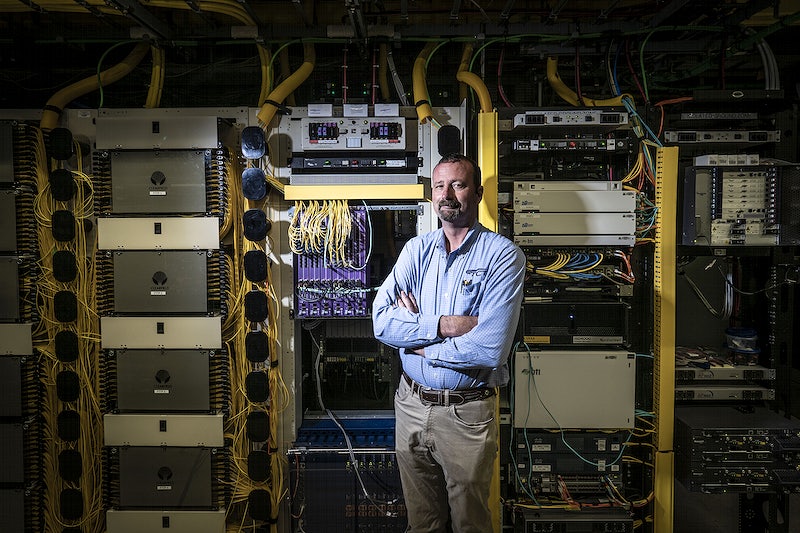In the ever-evolving landscape of business technology, quantum computing has emerged as a field poised to redefine the limits of computation and problem-solving. While classical computers have propelled us into the digital age, their capabilities are constrained by the binary nature of bits – 0s and 1s. Quantum computing, on the other hand, harnesses the power of quantum bits, or qubits, opening the door to a realm of possibilities previously deemed unimaginable.
The Quantum Revolution
Quantum computing takes advantage of the principles of quantum mechanics, a branch of physics that explores the behavior of matter and energy at the smallest scales. At the heart of quantum computing is the qubit, a unit of information that not only represents 0 or 1, but also exists in a superposition of states – a unique quantum phenomenon. This superposition exponentially increases the computational power of quantum computers, allowing them to perform complex calculations at speeds far beyond the reach of classical computers.
Superposition and Entanglement: Quantum Pioneers
Two concepts, superposition and entanglement, lie at the core of quantum computing’s power. Superposition enables qubits to exist in multiple states simultaneously, enabling quantum computers to explore many possible solutions at once. This grants quantum computers an exceptional advantage in solving optimization, cryptography, and simulation problems.
Entanglement, another remarkable feature of quantum mechanics, establishes a unique connection between qubits. When qubits become entangled, the state of one qubit instantly influences the state of its entangled partner, regardless of the distance between them. This property gives quantum computers an unprecedented ability to solve intricate problems that would baffle classical computers.
Beyond Classical Limits
The applications of quantum computing span a diverse range of fields. In cryptography, quantum computers have the potential to crack currently unbreakable encryption methods, spurring the development of quantum-safe cryptography. In drug discovery and material science, quantum computing’s immense computational power can simulate molecular interactions with precision, leading to the discovery of new medicines and materials that were previously elusive.
Financial modeling, optimization, weather forecasting, and artificial intelligence are all areas that stand to benefit from quantum computing’s ability to process complex data sets and solve intricate problems efficiently.
Overcoming Challenges
Despite its immense potential, quantum computing faces significant challenges. Qubits are highly sensitive and prone to errors caused by external influences. Researchers are actively working on developing error-correcting techniques to stabilize qubits and ensure reliable computation. Additionally, quantum computers require extremely cold temperatures to operate, making them expensive and complex to maintain.
The Quantum Future
As we explore the transformative possibilities of quantum computing, it’s crucial to acknowledge that quantum computers will not replace classical computers. Instead, they will function as specialized tools, addressing problems that were previously unsolvable due to their complexity. Collaborations between quantum and classical computers, known as hybrid systems, hold the promise of unlocking even greater computational power.
In the coming years, as advancements in quantum hardware, algorithms, and error correction continue, the power of quantum bits will unravel new dimensions in scientific discovery, technological innovation, and problem-solving. Quantum computing is not just a leap forward; it’s an invitation to rewrite the rulebook of computation and embark on a journey to the farthest reaches of possibility.
